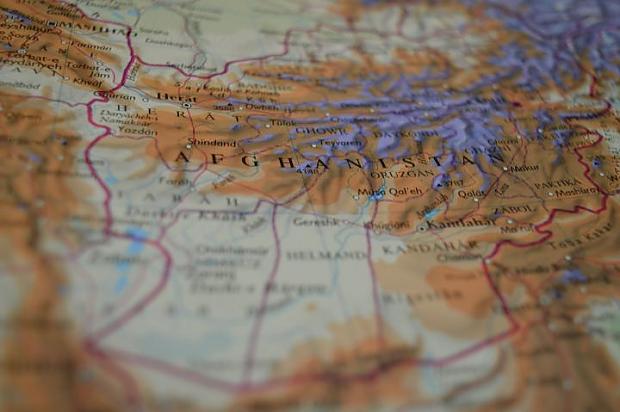Permanent War is no solution
Permanent War is no solution

The government wants to prolong Dutch involvement in the war in Afghanistan. By sending additional soldiers, the Netherlands will remain part of a war which has become permanent and, moreover, unwinnable.
The war in Afghanistan has led to widespread suffering – hundreds of thousands dead, and millions forced to take flight, many to Europe. Violence in Afghanistan, moreover, has continued over recent years to grow. Structural changes worthy of the name have not been achieved. Al Qa’ida, once the motive for this war, is still active in the country, while its more extreme variant, ISIS, has established itself on the ground.
The Afghan security forces, despite the billions of euros pumped into them by the west, remain unable to stand on their own feet. On the contrary, they have for years been losing ground to the Taliban, who are more powerful than at any time since they were toppled from the throne in 2001.
Military intervention has also failed to bring democracy to the country. Despite the billions in aid, Afghanistan remains one of the world's poorest countries, corrupt to the core and subject to large-scale electoral fraud. There are those who point to the fact that since the Taliban were chased out of Kabul, Afghan girls can go to school. That is of course a major step forward, but growing violence has unfortunately led to the closure of ever more schools, and two-thirds of girls can no longer attend, according to a report from Human Rights Watch published at the end of last year,
There is, all things considered, no sign of this ill-conceived war ending. Since 2001, more than 25,000 Dutch soldiers have been sent to Afghanistan. As far as the government is concerned, the mission will continue for another three years. It must be concluded that the war is permanent. Soon, it will be fought by people who hadn't even yet been born on September 11, 2001, when the attacks on the Twin Towers in New York, as well as other places in the US, took place.
This war isn't the only one. In 2003 there followed, with the support of the Netherlands, the illegal Anglo-American invasion of Iraq. In 2011 it was Libya's turn, and NATO's bombing of the country led to total anarchy. Time and again it is shown that bombing raids don't lead to less terrorism, but to more. In Afghanistan an entire generation has grown up in an atmosphere of violence, in ground fertile for extremists who make use of the violence to turn the local population against the west. Horrifying attacks have grown in frequency since 2001, principally in the Middle East, but also unfortunately in Europe.
There is no easy solution for this complicated, war-torn region of the world. But wouldn't it help if we were to stop seeing war as the first option? If we stopped showering the arms industry with money, but put our efforts into diplomacy? And instead of putting pressure on countries by bombing them, rather provide humanitarian aid and build solidarity with the local population? Would it not help if we weren't always led along by the United States but instead worked to strengthen the United Nations?
Only if we recognise that a permanent war stands in the way of a solution to this conflict will the hope for better times in Afghanistan return. Because doing nothing is indeed not an option. But neither is continuing along this destructive course, the enlargement of the breeding ground for extremism and further escalation. That's why we say: 'Permanent war? Not in our name!'
Lilian Marijnissen and Sadet Karabulut
